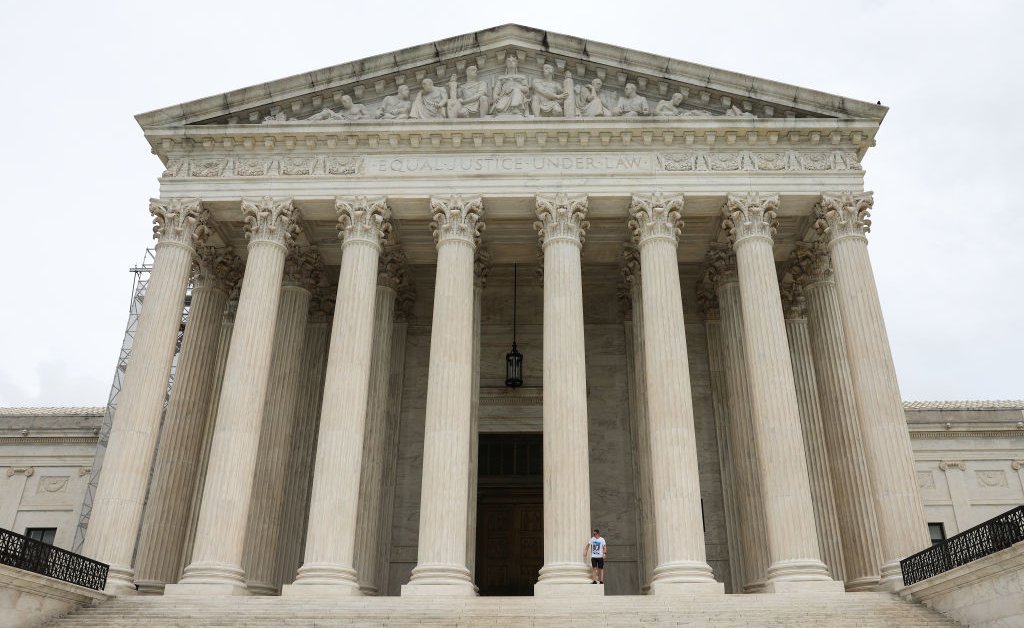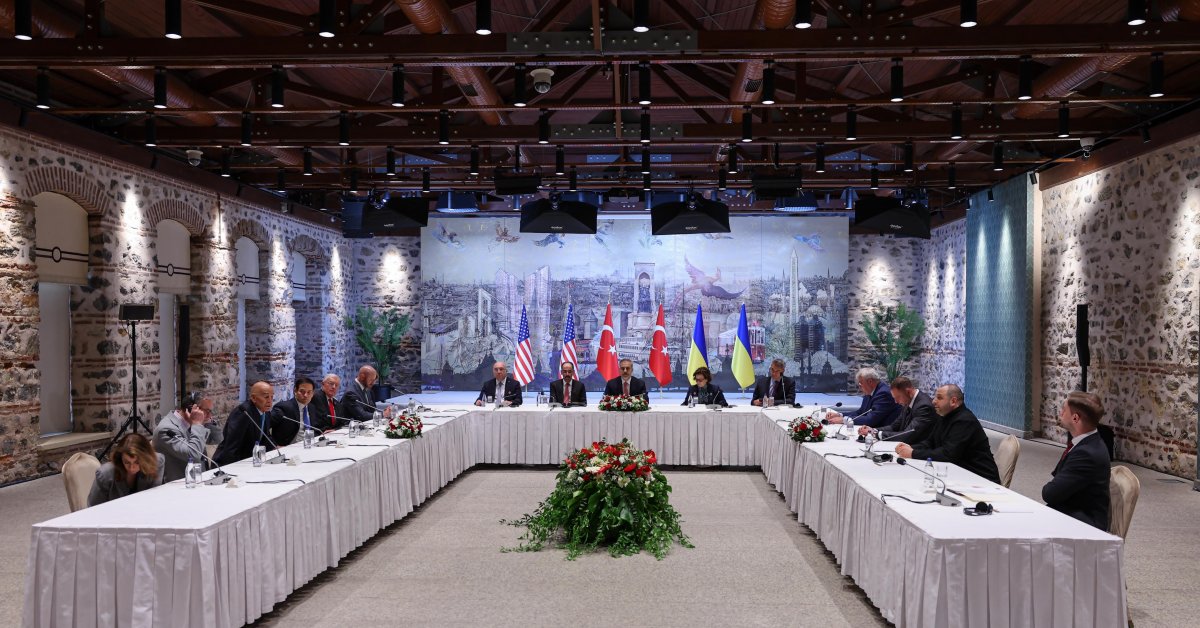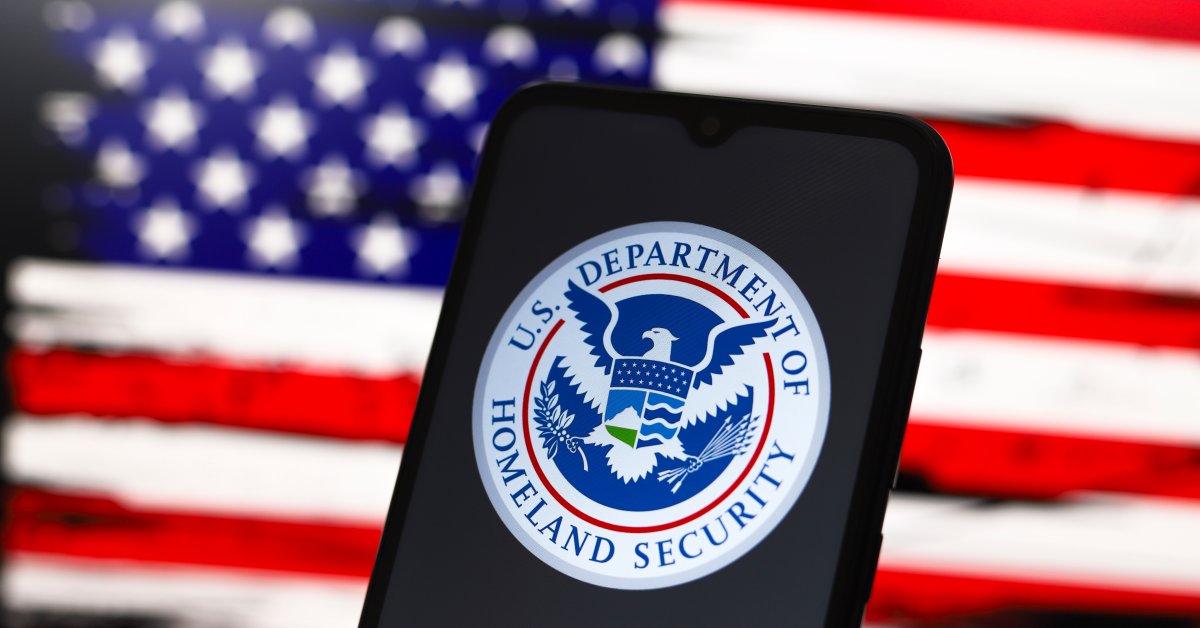Now Reading: Supreme Court Extends Block on Trump’s Use of Wartime Law For Deportations
-
01
Supreme Court Extends Block on Trump’s Use of Wartime Law For Deportations
Supreme Court Extends Block on Trump’s Use of Wartime Law For Deportations

The Supreme Court stopped the Trump Administration on Friday from using a wartime law to deport alleged Venezuelan gang members to a Notorious Prison in El Salvador, dealing another blow to President Donald Trump’s controversial deportation plans. This ruling extends a previous emergency order from April that prevented Trump from using the 1798 Alien Enemies Act to deport migrants detained in a Texas facility. Lawyers had argued that detainees were being taken to an airport on buses without the opportunity to challenge the decision through habeas corpus petitions.
Only Justices Samuel Alito and Clarence Thomas dissented publicly. Alito stated that the Supreme Court had no authority to provide any relief. In an unsigned order, the Justices criticized the Trump Administration for giving detained migrants only 24 hours to raise legal objections before removal. The ruling highlighted that such short notice without information on how to contest removal does not meet legal standards.
The case has been sent back to an appeals court to determine the detainees’ due process rights, the legality of Trump’s deportation plan, and the amount of notice migrants should receive. Following the Court’s decision, Trump expressed his disagreement on social media, stating that the Supreme Court is preventing the removal of criminals from the country.
The Court did not address whether the Trump Administration can deport individuals under the Alien Enemies Act, an 18th-century law seldom used that the Administration has cited in deporting alleged Venezuelan gang members. Legal experts and immigration advocates have criticized the Administration’s efforts to deport migrants without allowing them to challenge accusations of gang membership. Trump’s refusal to bring back a Maryland man mistakenly deported to El Salvador was also mentioned in the ruling.
Many cases involving the Alien Enemies Act are related to habeas corpus petitions, allowing detainees to challenge their detention’s legality. The Trump Administration has considered suspending habeas corpus, citing a constitutional provision that allows it in cases of rebellion or invasion. Prior to the ruling, Trump criticized the Supreme Court on social media, despite appointing three Justices, accusing them of being influenced by the radical left.






